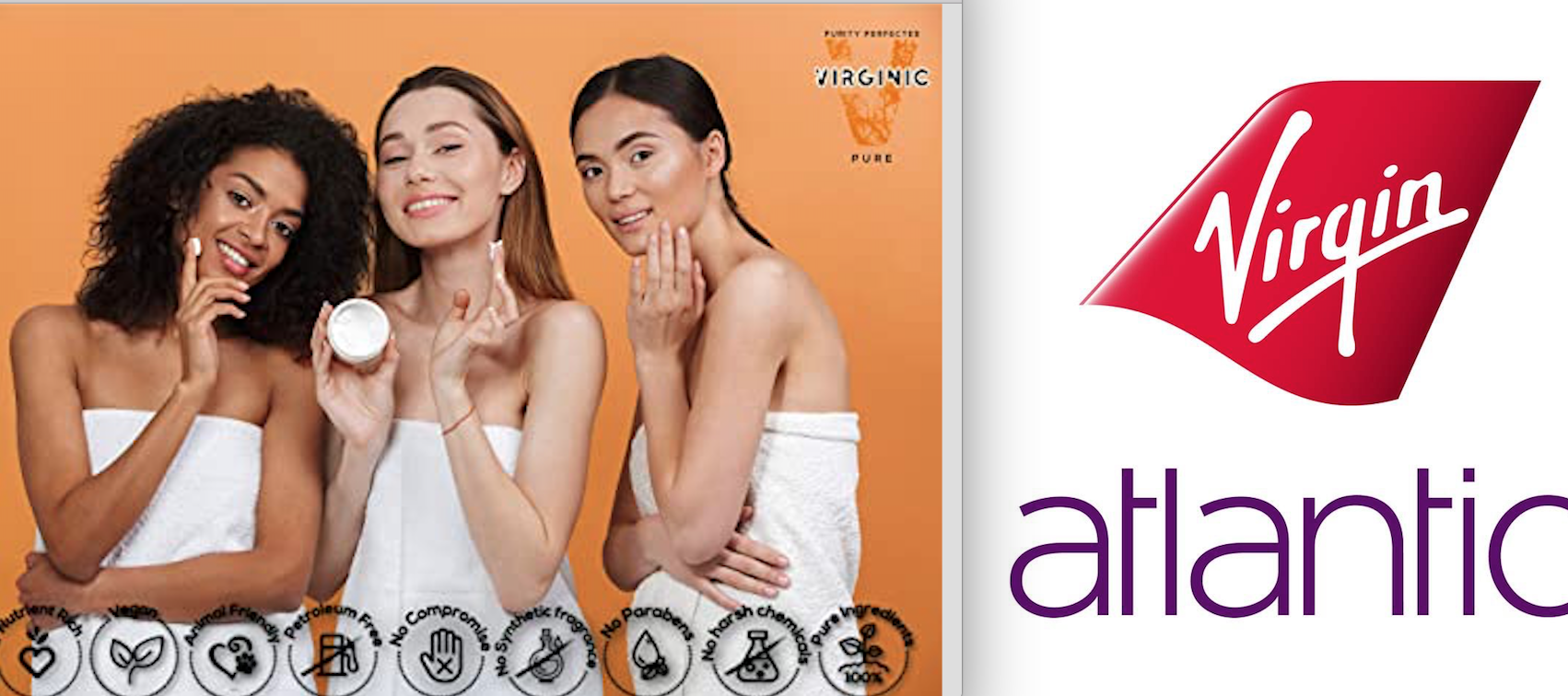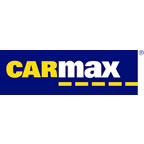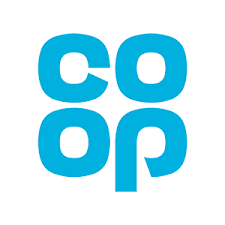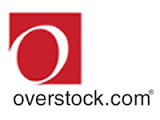Oakland, CA, USA, 2022-Mar-3 — /EPR RETAIL NEWS/ — Cole & Van Note, a leading consumer rights law firm, announces today its investigation of Meyer Corporation, U.S. on behalf of its consumers/clients, arising out the company’s recent data breach. According to the company, the private information of a massive number of people may have been stolen…





















